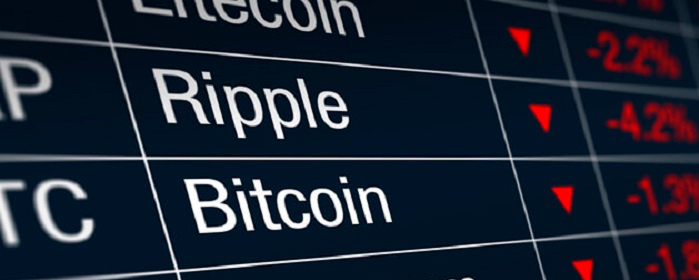The cryptocurrency market has been on a roller coaster ride in the past few weeks, with prices fluctuating wildly amid global events and regulatory developments. One of the key factors that could influence the crypto market in the near future is the outcome of the debt ceiling talks in the United States, which are set to resume this week.
Debt Ceiling Debate Vs. Crypto Market
If Congress does not raise the debt ceiling, the Treasury Department will run out of cash and default on some of its obligations, potentially triggering a financial crisis and a global recession.
This issue has been a source of political deadlock and uncertainty for years, as Republicans and Democrats have clashed over spending and taxation policies. The current impasse is particularly acute, as the Democrats are trying to pass a $3.5 trillion social spending package and a $1 trillion infrastructure bill, while the Republicans are opposing any increase in the debt limit.

The crypto market has been closely watching the debt ceiling drama, as it could have significant implications for the value of the US dollar, inflation, interest rates, and risk appetite.
Some analysts believe that a debt default could boost the demand for alternative assets like cryptocurrencies as investors seek to hedge against currency devaluation and systemic risk. Others argue that a default could trigger a sell-off in crypto markets as investors flee to safe havens like gold and cash.
Key Points
- The debt ceiling talks cast a shadow over the crypto market on Monday, as most coins showed red numbers.
- The total market value of all cryptocurrencies decreased by 0.89% on the last day, while the trading volume increased by 29% to $22.35 billion.
- Bitcoin, the largest cryptocurrency by market cap, also experienced a slight drop in its price, indicating uncertainty among traders. However, its trading volume rose by 30% to $10 billion.
- At the time of writing, BTC was trading at an average price of $26,813.

